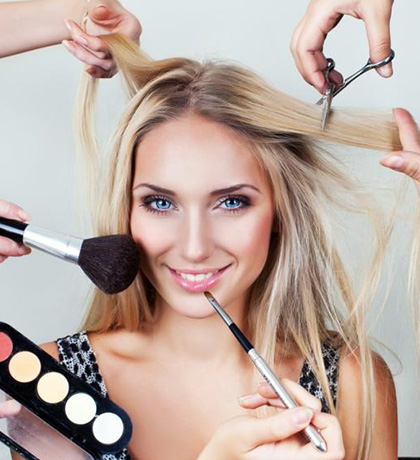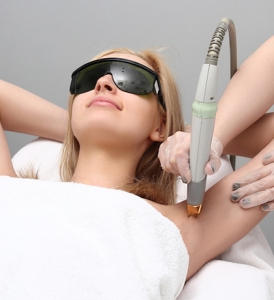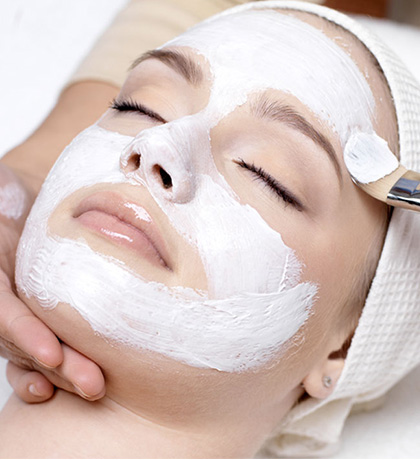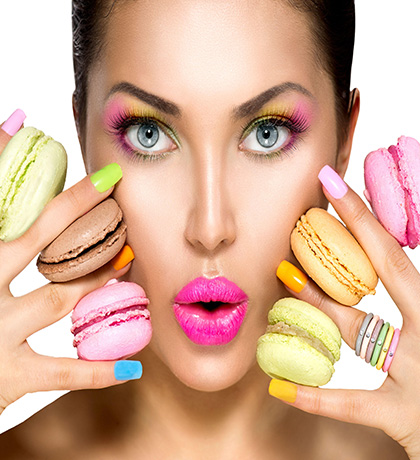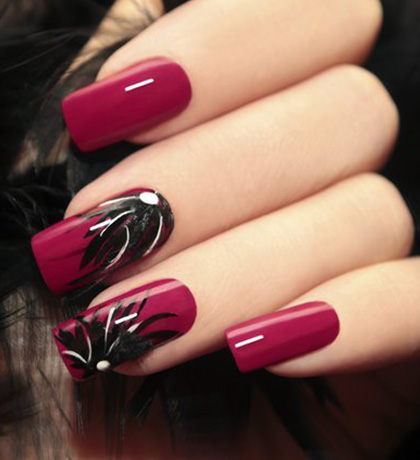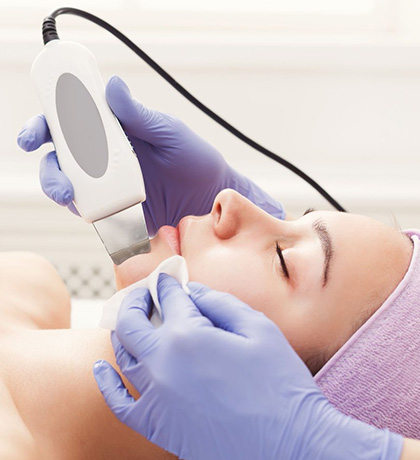GET STARTED NOW
Now’s the perfect time to pursue a career in cosmetology, esthetics, electrology and lasers. We’ll even help you find a job after you graduate! We offer financial aid to those who qualify and our schedule allows you to have the perfect school/life balance.

